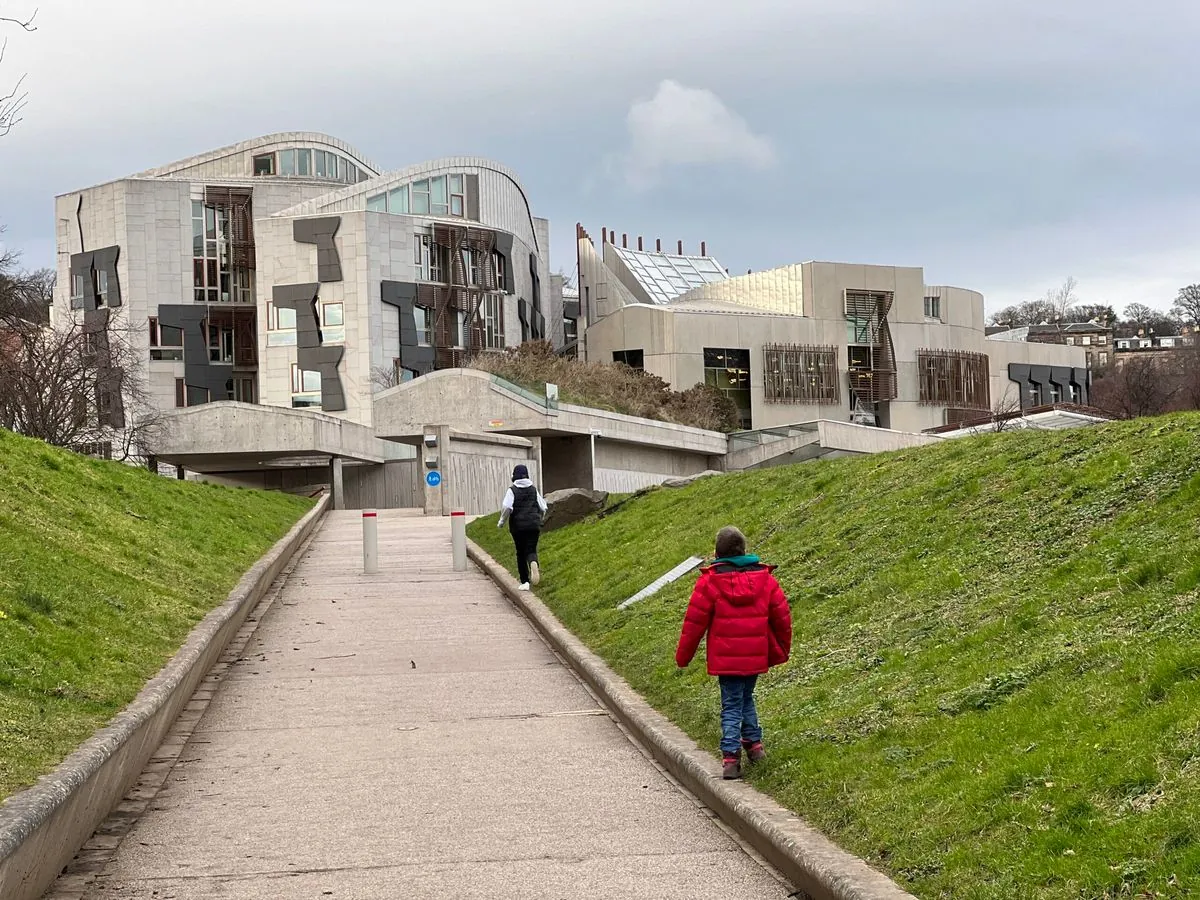SNP's Policy Shift: Reconsidering Free Prescriptions and Tuition
The Scottish National Party faces tough decisions as independence prospects fade. Ministers consider scrapping popular policies to address budget challenges, signaling a potential shift in strategy.

The Scottish National Party (SNP), founded in 1934, has long been synonymous with the pursuit of Scottish independence. However, recent developments suggest a potential shift in their approach to governance and policy-making.
Since forming their first minority government in 2007, the SNP has implemented popular policies such as free prescriptions (introduced in 2011) and free university tuition for Scottish students (introduced in 2008). These initiatives have been widely seen as tools to garner support for independence rather than purely progressive measures.
"Which party gives me my prescriptions for free?"
This quote illustrates the effectiveness of the SNP's strategy in winning over voters. However, critics argue that these policies disproportionately benefit wealthier Scots and place an unnecessary burden on Scotland's National Health Service, which has been in operation since 1948.
The 2014 Scottish independence referendum, resulting in 55.3% voting against independence, marked a significant setback for the SNP. Despite this, the party maintained hope for a second referendum. However, recent political developments, including Labour's victory in the UK general election, have made the prospect of another independence vote increasingly unlikely.

Faced with this new reality, SNP ministers are reportedly considering scrapping their flagship policies of free prescriptions and tuition fees to address budgetary challenges. This potential policy shift comes after 17 years of SNP governance in Holyrood, Scotland's devolved parliament established in 1999.
The legacy of former First Minister Nicola Sturgeon, who led Scotland from 2014 to 2023, is now under scrutiny. Her attempts to close the educational attainment gap and pursue gender recognition reform failed to secure a lasting impact, leading to her resignation without achieving the party's primary goal of independence.
Current SNP ministers face a challenging political landscape. With the next Holyrood elections scheduled for 2026, they must navigate complex budget issues and declining public services while the dream of independence remains elusive. The Scottish Parliament, with its 129 seats, of which the SNP currently holds 64, may see a shift in power dynamics after the next election.
As the SNP grapples with these challenges, the party may need to redefine its purpose and strategy in a political environment where independence seems increasingly unlikely. The coming years will likely see intense debate within the party about its future direction and the lessons learned from nearly two decades in power.


































